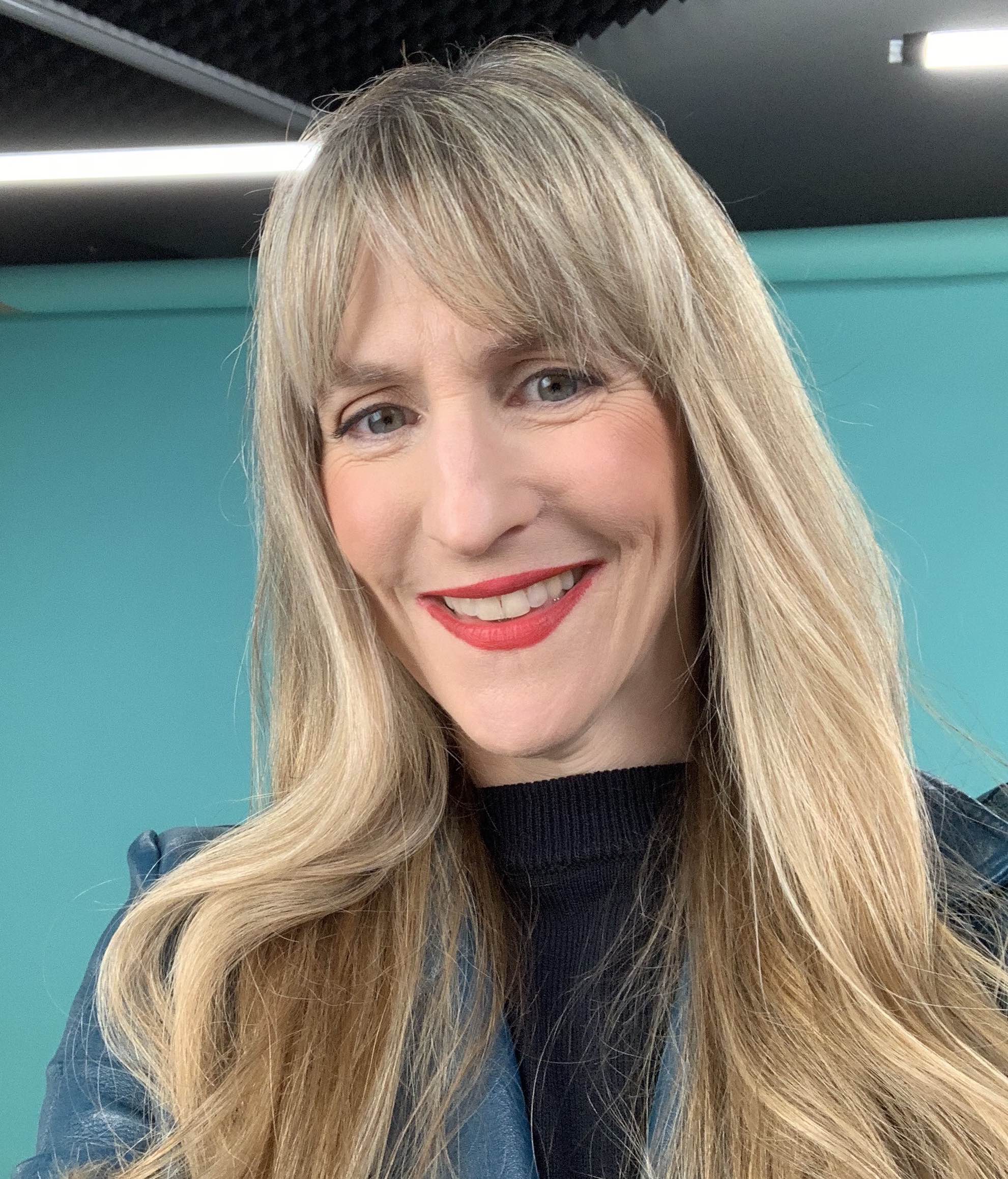Sometimes we have a hard time defining what good or great leadership is, but we also know what bad leadership is.
I believe in Improv leadership, which is more about the team and less about an individual. No matter what business we are in, people are our most important asset and we need to begin to treat them better.
The firing of 900 employees by the CEO of better.com via a zoom call is a tragic example of how not to manage people.
How do you inspire when you are leading a large number of people and can’t interact with them individually? You can by tone and attitude. Being in a toxic environment where you are ridiculed when you make comments or question will lead to either choosing to keep your job and silencing yourself or choosing to leave and finding another job.
Intimidation is not a form of management and this type of leadership needs to go away and be replaced with some type of leadership that has compassion. One that looks at their people who are productive as an ethical part of the organization and show respect for their employees. When you show respect to your employees, that puts you apart from a lot of other leaders out there who look at their employees as just a number and something that is replaceable
Ego has a lot to do with good and bad leadership. The leaders who are willing to put it aside will be more successful than those leaders who still want to tell everybody what to do and how to do it, and look at them as a replaceable asset. It goes back to being human and going back to thinking about a fellow person, being tolerant and supportive.


